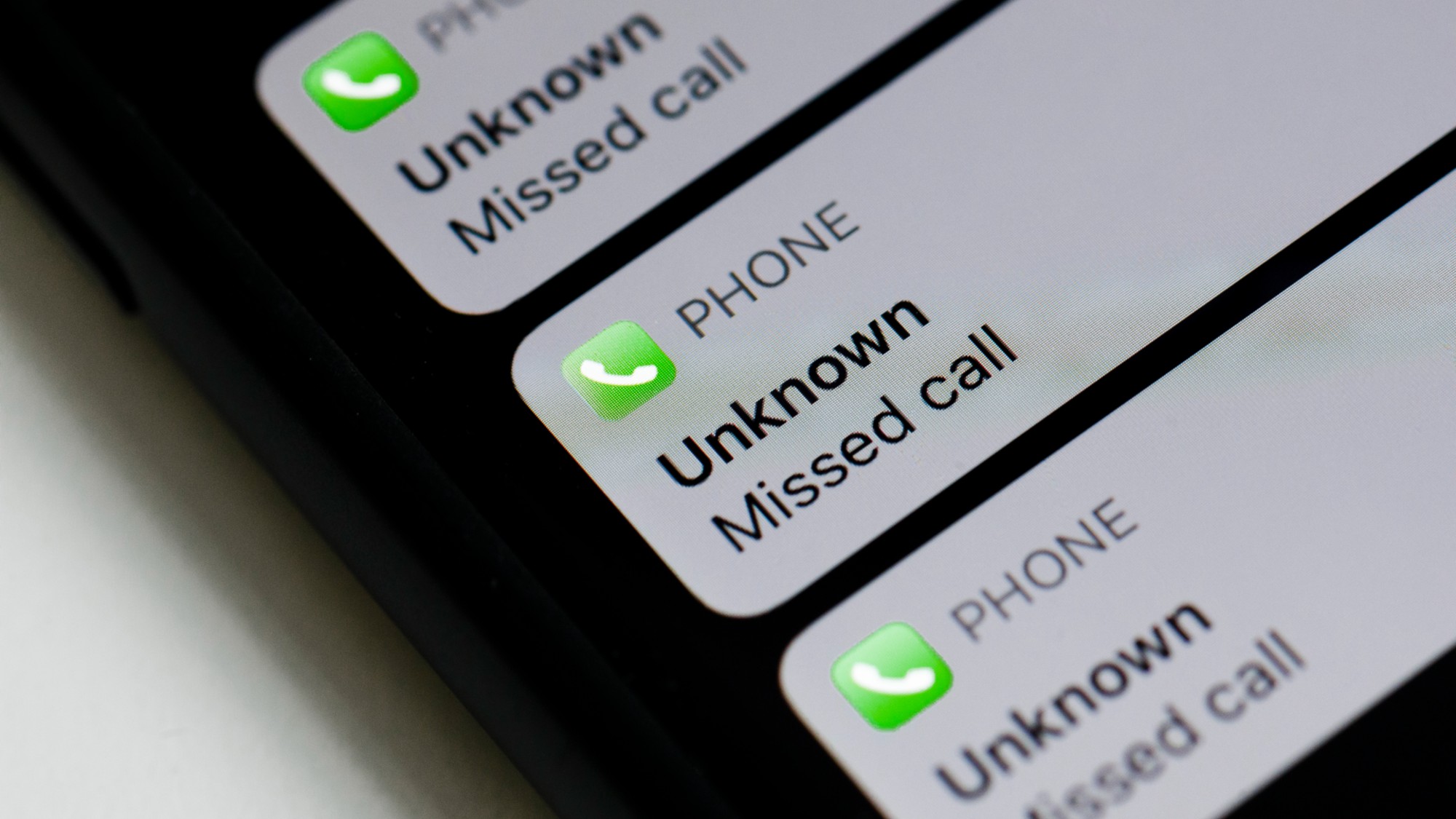Amazon launches 1st Kuiper internet satellites
The battle of the billionaires continues in space


What happened
Amazon Monday night launched its first 27 Project Kuiper internet satellites into orbit. The company aims to have more than 3,200 of the transmitters orbiting about 400 miles above the planet's surface within a few years, competing with SpaceX's dominant Starlink satellite constellation.
Who said what
Amazon made major upgrades since sending two Kuiper test satellites into orbit in 2023, but "there are some things you can only learn in flight," project vice president Rajeev Badyal said. Although Amazon founder Jeff Bezos also owns a rocket company, Blue Origin, this first batch of satellites was sent into orbit in an Atlas V rocket from the United Launch Alliance.
The "battle of billionaires in space" has reached the satellite internet arena, though Elon Musk's Starlink has a sizable head start with more than 7,000 satellites in orbit and "several million customers around the world," The New York Times said. Still, Kuiper's integration with Amazon Web Services, a cloud computing offering "popular with large corporations and governments" worldwide, could make it "more attractive" to users like weather forecasters who need to run calculations on the large amounts of data it moves over the internet.
Subscribe to The Week
Escape your echo chamber. Get the facts behind the news, plus analysis from multiple perspectives.

Sign up for The Week's Free Newsletters
From our morning news briefing to a weekly Good News Newsletter, get the best of The Week delivered directly to your inbox.
From our morning news briefing to a weekly Good News Newsletter, get the best of The Week delivered directly to your inbox.
What next?
It will take "many hours, if not days," for Amazon to "establish contact with all 27 satellites and know if they are operational," the Times said. The company "already has purchased dozens of rocket launches from United Launch Alliance and Blue Origin" to get its other satellites in orbit, The Associated Press said.
Sign up for Today's Best Articles in your inbox
A free daily email with the biggest news stories of the day – and the best features from TheWeek.com
Peter has worked as a news and culture writer and editor at The Week since the site's launch in 2008. He covers politics, world affairs, religion and cultural currents. His journalism career began as a copy editor at a financial newswire and has included editorial positions at The New York Times Magazine, Facts on File, and Oregon State University.
-
 Seeing Each Other: Portraits of Artists – a 'riveting' exhibition
Seeing Each Other: Portraits of Artists – a 'riveting' exhibitionThe Week Recommends Pallant House exhibition offers fascinating instances of painterly reciprocity
-
 Geoff Dyer shares his favourite books on war
Geoff Dyer shares his favourite books on warThe Week Recommends Out of Sheer Rage author chooses works by Martha Gellhorn, Michael Herr and Dexter Filkins
-
 10 great gifts to give dear old dad this Father's Day
10 great gifts to give dear old dad this Father's DayThe Week Recommends Make his day with a thoughtful present
-
 Is China winning the AI race?
Is China winning the AI race?Today's Big Question Or is it playing a different game than the US?
-
 When did computer passwords become a thing?
When did computer passwords become a thing?The Explainer People have been racking their brains for good codes for longer than you might think
-
 Airplane crash-detection systems could be vulnerable to hackers
Airplane crash-detection systems could be vulnerable to hackersUnder the Radar 'The idea scares the shit out of me,' one pilot said
-
 How the AI takeover might affect women more than men
How the AI takeover might affect women more than menThe Explainer The tech boom is a blow to gender equality
-
 Did you get a call from a government official? It might be an AI scam.
Did you get a call from a government official? It might be an AI scam.The Explainer Hackers may be using AI to impersonate senior government officers, said the FBI
-
 Digital consent: Law targets deepfake and revenge porn
Digital consent: Law targets deepfake and revenge pornFeature The Senate has passed a new bill that will make it a crime to share explicit AI-generated images of minors and adults without consent
-
 Elon Musk's SpaceX has created a new city in Texas
Elon Musk's SpaceX has created a new city in TexasUnder The Radar Starbase is home to SpaceX's rocket launch site
-
 Secret AI experiment on Reddit accused of ethical violations
Secret AI experiment on Reddit accused of ethical violationsIn the Spotlight Critics say the researchers flouted experimental ethics